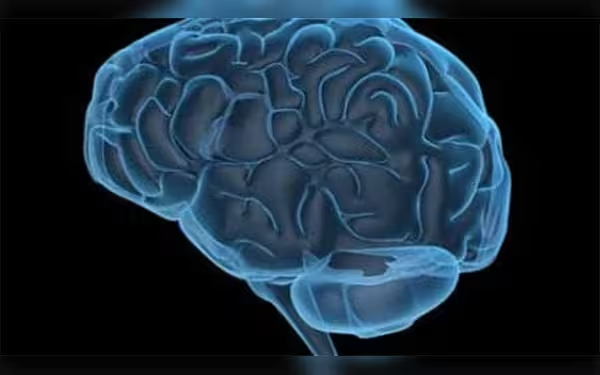Saturday, November 16, 2024 03:22 PM
Brain Damage Linked to Increased Religious Fundamentalism
- Brain network damage may heighten religious beliefs.
- Cognitive neuroscience reveals links to fundamentalism.
- Understanding brain health can influence belief systems.
 Image Credits: dunyanews.tv
Image Credits: dunyanews.tvStudy reveals brain damage may increase religious fundamentalism, highlighting the link between neurological health and belief systems.
Recent research has unveiled a fascinating connection between brain networks and religious fundamentalism. This study delves into the cognitive neuroscience of mystical experiences, revealing how certain brain regions are associated with heightened religious beliefs. Understanding this relationship is crucial, as it sheds light on the complex interplay between our brain's structure and our belief systems.
The research highlights that the brain is not just a collection of cells; it is a network of interconnected regions that communicate with one another. When one area of the brain is damaged, it can disrupt the functions of related areas. This disruption may lead to an increase in religious fundamentalism, suggesting that our beliefs may be more influenced by our brain's physical state than we previously thought.
As scientists continue to explore the intricacies of the human brain, they are uncovering how our thoughts, feelings, and beliefs are deeply intertwined with our neurological health. This study serves as a reminder that understanding the brain can provide valuable insights into human behavior and belief systems.
The findings of this research prompt us to consider the broader implications of brain health on our beliefs and ideologies. It raises important questions about how we perceive and engage with different belief systems in society. As we learn more about the brain, we may find new ways to foster understanding and tolerance among diverse groups, ultimately contributing to a more harmonious world.













